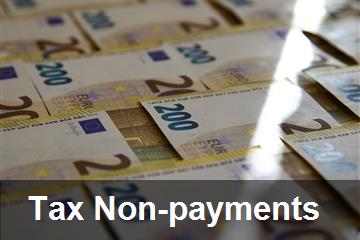
04 ott 2024
Recent reforms in the penalty system have introduced a new non-punishability clause for tax offenses related to the non-payment of withholdings and VAT, provided the circumstances are beyond the taxpayer's control.
The updated Article 13 of Legislative Decree 74/2000 now exempts individuals from punishment if the non-payment results from unforeseen events not attributable to them.
The law requires judges to consider factors such as non-transitory liquidity crises due to third-party insolvency or non-payment by public administrations.
The Supreme Court has begun to interpret these changes, emphasizing the importance of client insolvency in determining non-punishability.

Legal Reforms and Non-Punishability
The recent reform of the penalty system has introduced a significant change in the treatment of tax offenses, specifically concerning the non-payment of withholdings and VAT. The updated Article 13 of Legislative Decree 74/2000 includes a new clause, 3 bis, which provides non-punishability for omissions if they result from causes not attributable to the taxpayer, occurring after the withholdings or VAT collection.Criteria for Non-Punishability
The law mandates that judges consider specific factors when determining non-punishability. These include a non-transitory liquidity crisis caused by the insolvency or over-indebtedness of third parties, or the non-payment of certain and collectible credits by public administrations. Additionally, the inability to undertake actions to overcome the crisis must be considered.Judicial Interpretation
The Supreme Court has begun to interpret these legal changes. In a recent case (30532/2024), the Court addressed the issue of VAT non-payment by a company working exclusively for a now-bankrupt client. The Court highlighted the importance of client insolvency in determining non-punishability, aligning with previous rulings that considered client insolvency as part of ordinary business risk unless it exceeds a physiological percentage.Evidentiary Requirements
The Court's decision did not clarify the specific evidence required beyond proving client insolvency. However, the decision suggests that demonstrating client insolvency alone may suffice for non-punishability, without needing to prove the impossibility of resolving the crisis through other means.Further Insights
- Understanding the implications of the new non-punishability clause.
- Analyzing the impact of client insolvency on tax obligations.
Potential Opportunities
- Legal strategies for businesses facing client insolvency.
- Advising clients on compliance with the updated tax regulations.
